Aflac 2021 Business & Sustainability Report: Environment and Climate Risk Management
3BL Media
MAY 4, 2022
In 2020, Aflac achieved carbon neutrality in its Scopes 1 and 2 greenhouse gas emissions by reducing emissions and purchasing renewable energy credits and carbon offsets. In addition, Aflac set the following climate goals: Reduce absolute Scope 1 and 2 emissions 75% by 2030 from a 2007 baseline. In 2020, Aflac U.S.

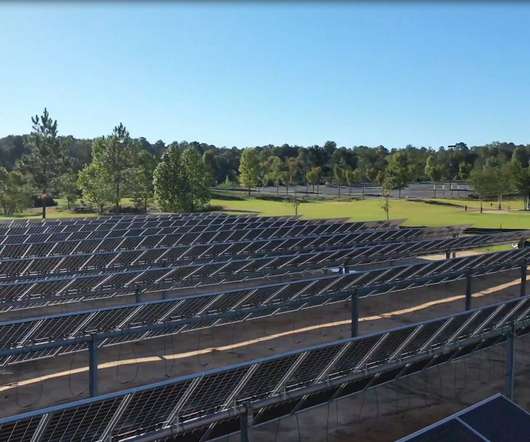
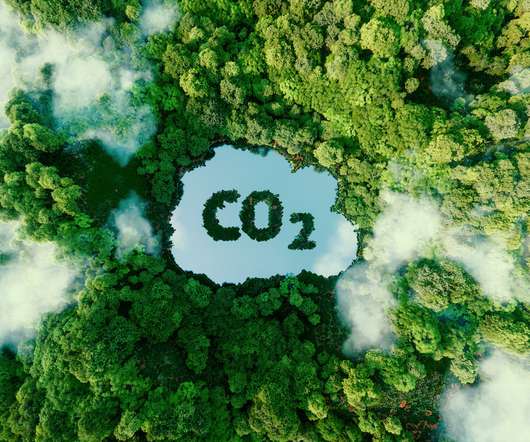
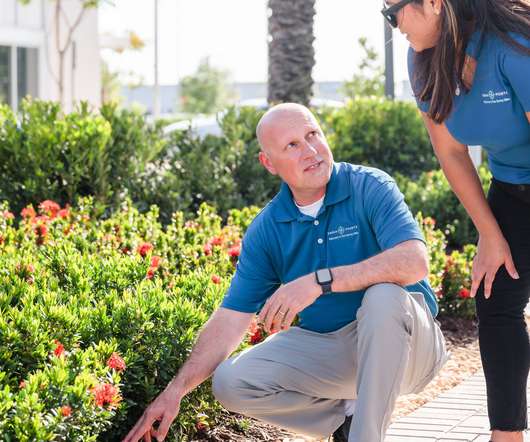
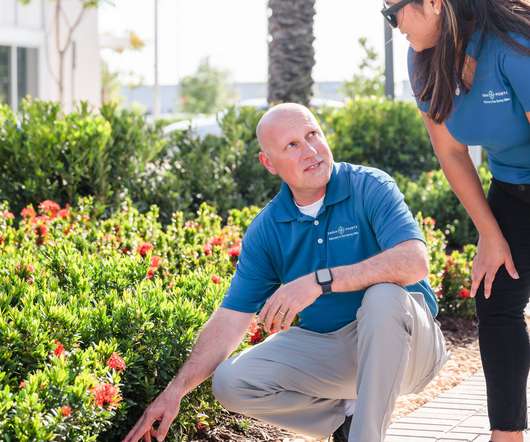

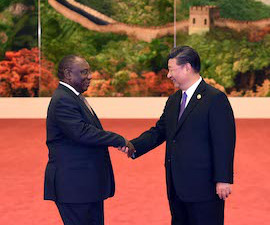
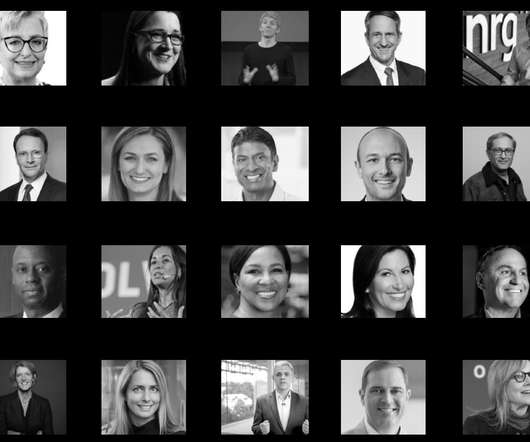
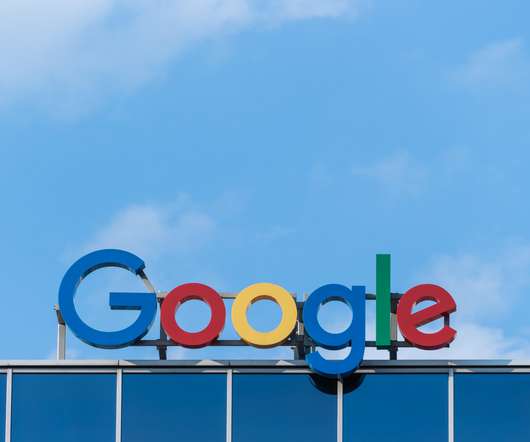
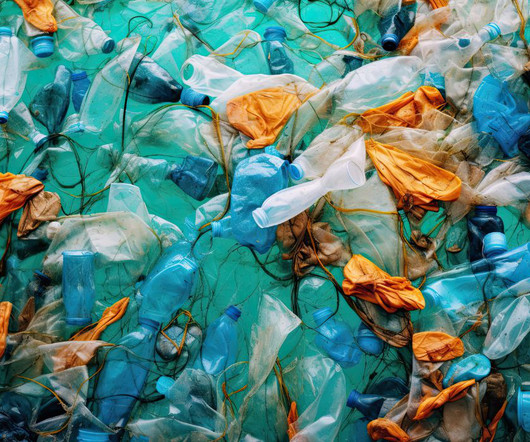
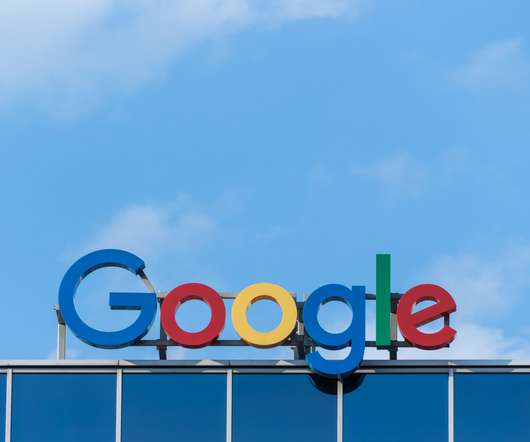
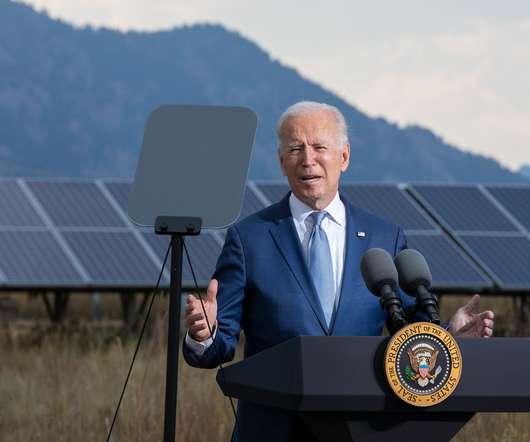






Let's personalize your content